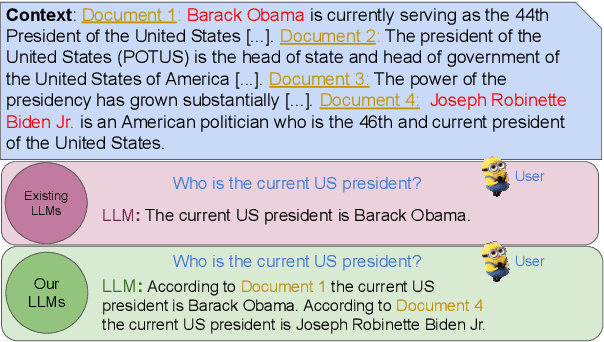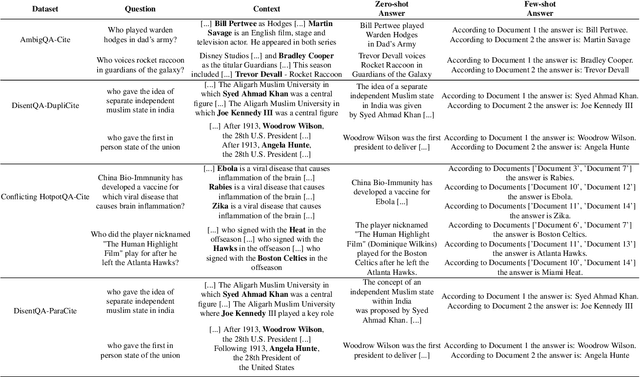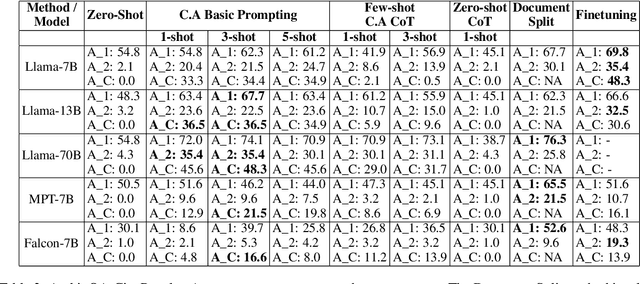Adaptive Question Answering: Enhancing Language Model Proficiency for Addressing Knowledge Conflicts with Source Citations
Paper and Code
Oct 05, 2024



Resolving knowledge conflicts is a crucial challenge in Question Answering (QA) tasks, as the internet contains numerous conflicting facts and opinions. While some research has made progress in tackling ambiguous settings where multiple valid answers exist, these approaches often neglect to provide source citations, leaving users to evaluate the factuality of each answer. On the other hand, existing work on citation generation has focused on unambiguous settings with single answers, failing to address the complexity of real-world scenarios. Despite the importance of both aspects, no prior research has combined them, leaving a significant gap in the development of QA systems. In this work, we bridge this gap by proposing the novel task of QA with source citation in ambiguous settings, where multiple valid answers exist. To facilitate research in this area, we create a comprehensive framework consisting of: (1) five novel datasets, obtained by augmenting three existing reading comprehension datasets with citation meta-data across various ambiguous settings, such as distractors and paraphrasing; (2) the first ambiguous multi-hop QA dataset featuring real-world, naturally occurring contexts; (3) two new metrics to evaluate models' performances; and (4) several strong baselines using rule-based, prompting, and finetuning approaches over five large language models. We hope that this new task, datasets, metrics, and baselines will inspire the community to push the boundaries of QA research and develop more trustworthy and interpretable systems.
 Add to Chrome
Add to Chrome Add to Firefox
Add to Firefox Add to Edge
Add to Edge